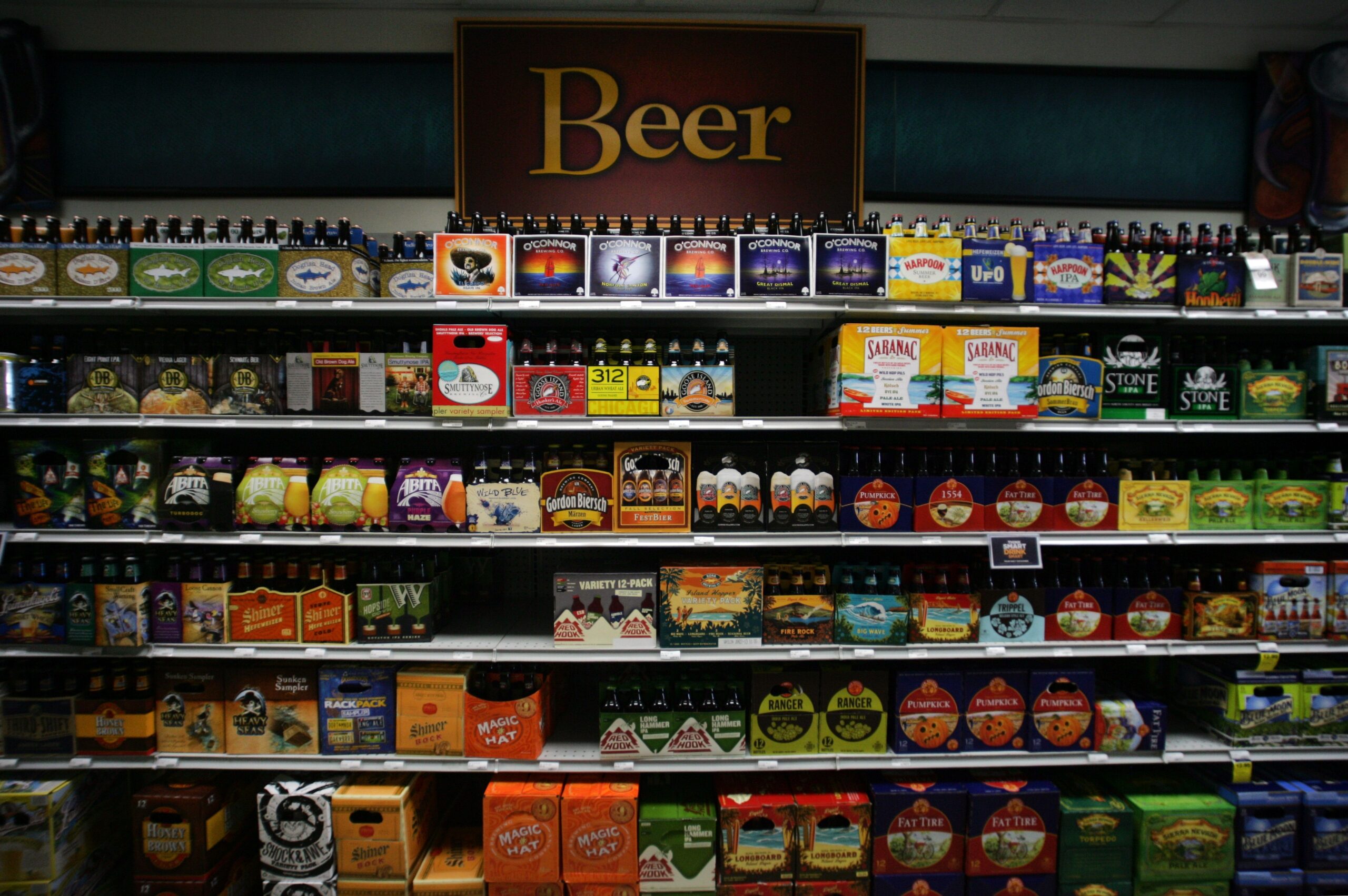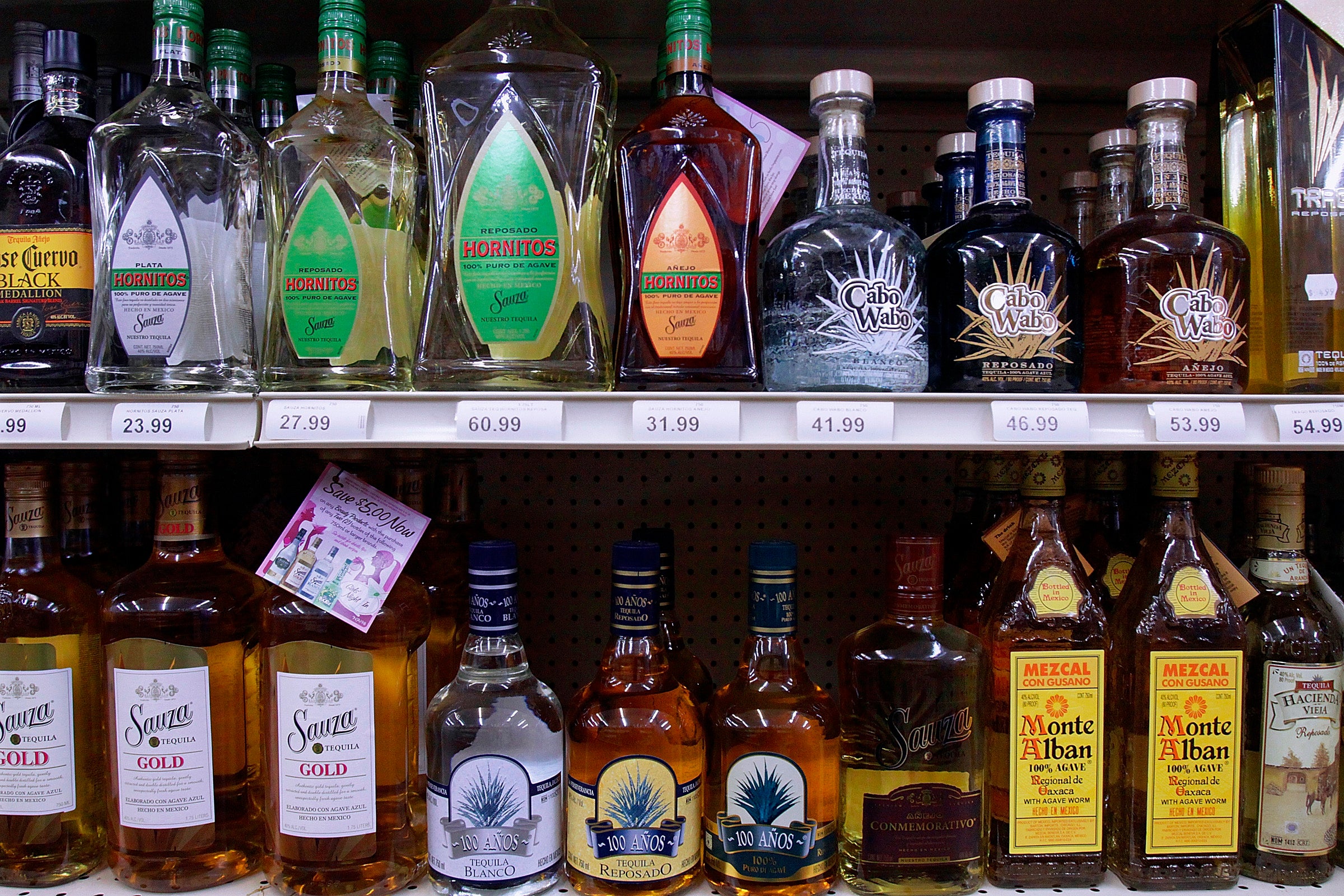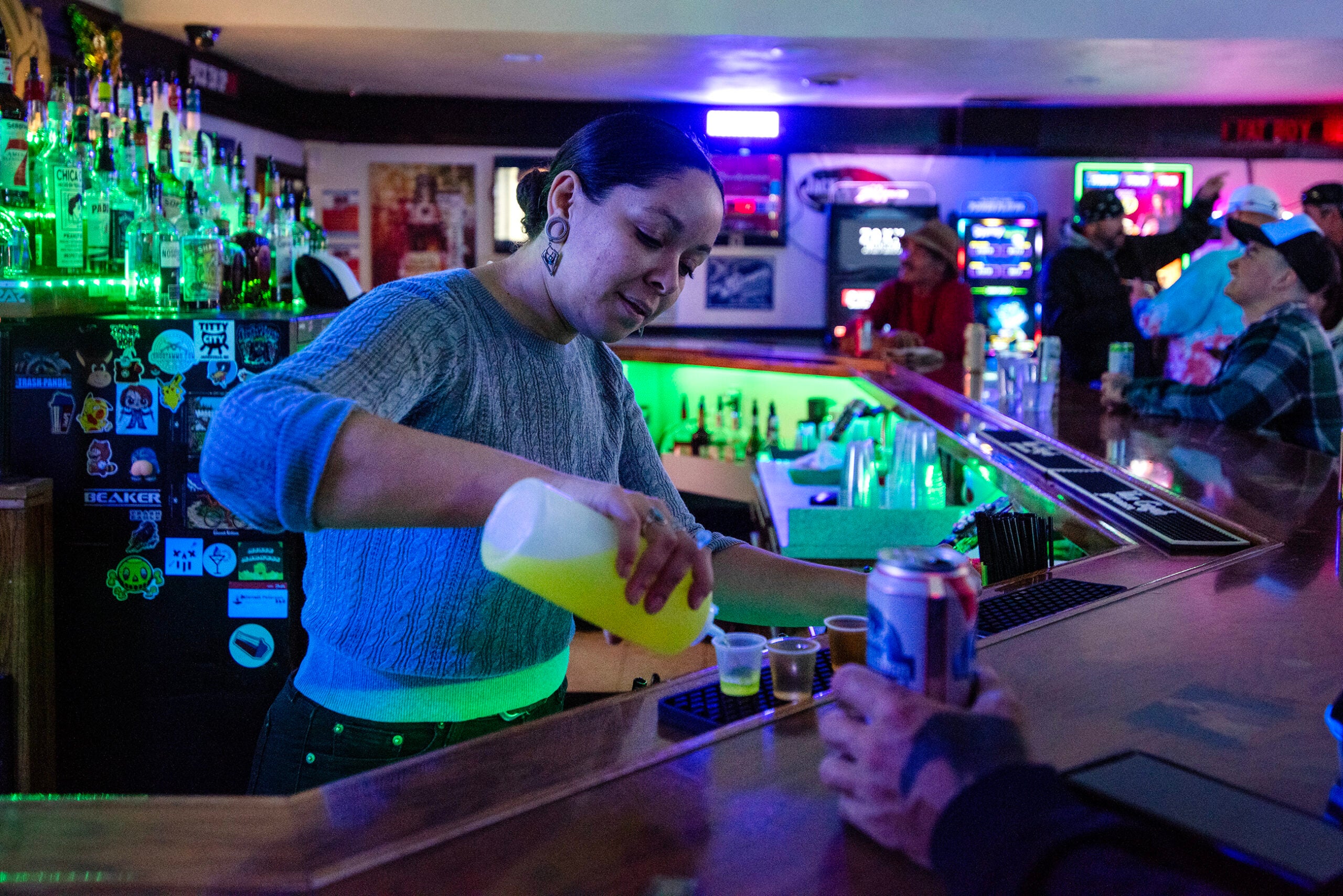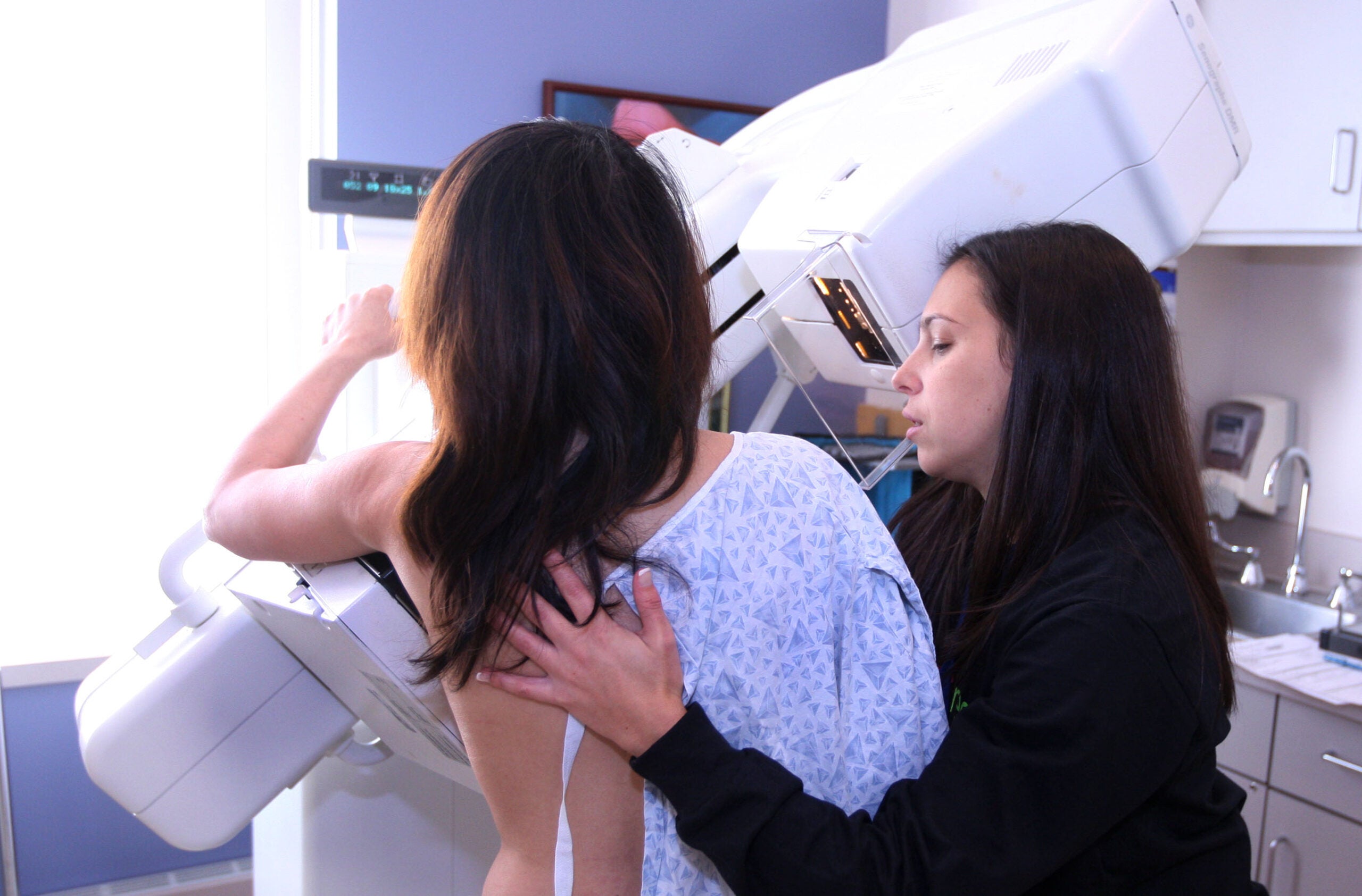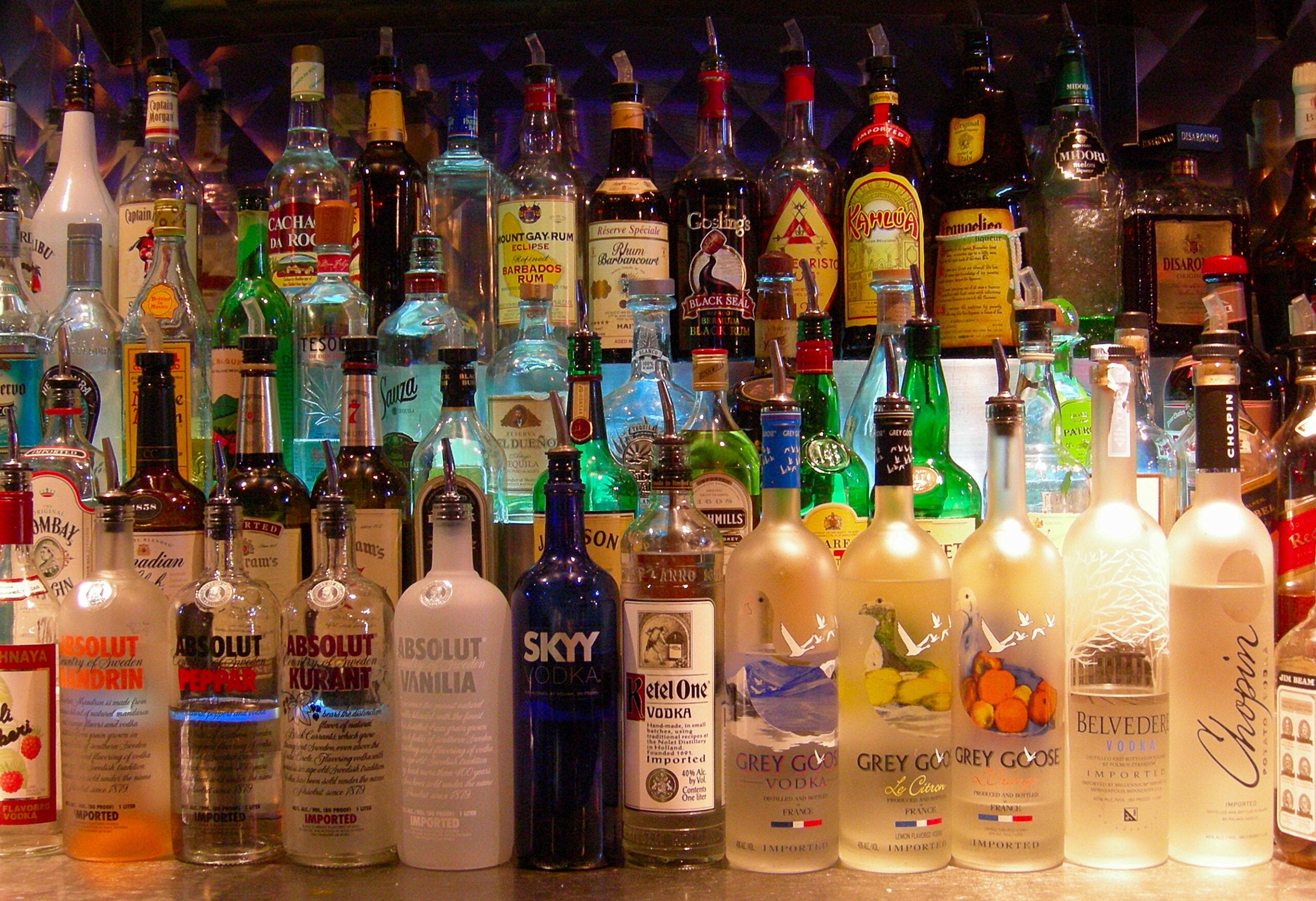At the start of “Dry January,” an effort to stop drinking alcohol for the first month of the year, the U.S. surgeon general released an advisory highlighting the links between alcohol consumption and cancer risks.
Following the advisory and its recommendations, the head of a Wisconsin policy initiative aimed at reducing the harmful effects of excessive drinking explained how a state known for its binge drinking habits could make its residents healthier.
Maureen Busalacchi, director of the Wisconsin Alcohol Policy Project at the Medical College of Wisconsin, recently told WPR’s “The Larry Meiller Show” that she’s on her third “Dry January.”
News with a little more humanity
WPR’s “Wisconsin Today” newsletter keeps you connected to the state you love without feeling overwhelmed. No paywall. No agenda. No corporate filter.
“Some people only last a few days or a couple weeks. They might not make it through the whole month,” Busalacchi said. “But the point is that folks are trying to re-examine their relationship with alcohol.”
On Jan. 3, U.S. Surgeon General Dr. Vivek Murthy released an advisory on the links between alcohol and an increased risk of cancer. The advisory announcement says alcohol consumption is the third-leading preventable cause of cancer in the U.S. after tobacco and obesity.
Alcohol consumption is tied to a higher risk of at least seven types of cancer: breast, colorectum, esophagus, liver, mouth, throat and voice box.
“Alcohol is a well-established, preventable cause of cancer responsible for about 100,000 cases of cancer and 20,000 cancer deaths annually in the United States — greater than the 13,500 alcohol-associated traffic crash fatalities per year in the U.S. — yet the majority of Americans are unaware of this risk,” Murthy said in the announcement.
Busalacchi said those in this line of health work have known about the links between cancer and alcohol for decades. Still, she said, “the big shocker” for some might be the increased risk of breast cancer for women. The surgeon general’s announcement says 16.4 percent of total breast cancer cases are attributable to alcohol consumption.
“For those of us who really don’t want to go through cancer, reducing or eliminating alcohol from your diet can be a big help with that,” Busalacchi said.
Some health benefits that come from pausing or quitting alcohol consumption can include weight loss, increased energy levels, clearer skin, reduced blood sugar and — what Busalacchi called “the big one” — better sleep.
What should Wisconsin communities be doing?
The Wisconsin Alcohol Policy Project wants to support communities in reducing alcohol-related harms, Busalacchi said.
Some examples she shared include:
- Stop offering free alcoholic drink tickets that come with community events
- Run more alcohol age compliance checks on businesses that sell alcohol
- Examine how many alcohol licenses a municipality is giving out
Busalacchi said the point about licenses was a particularly important step in her group’s mission. Approving fewer such licenses could improve public health. Other states don’t sell alcohol at gas stations, for example.
“It’s kind of everywhere you look, there seems to be alcohol sold or served in Wisconsin,” she said. “That sends a message to our kids and, frankly, to us.”
For help: If you are struggling with addiction, call 211 or the crisis hotline at 988 to be connected with resources. Resources are also available online.

